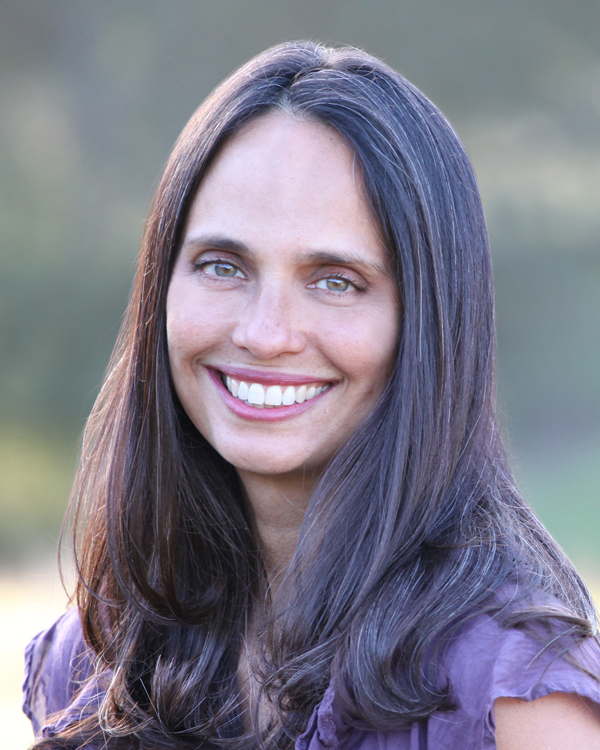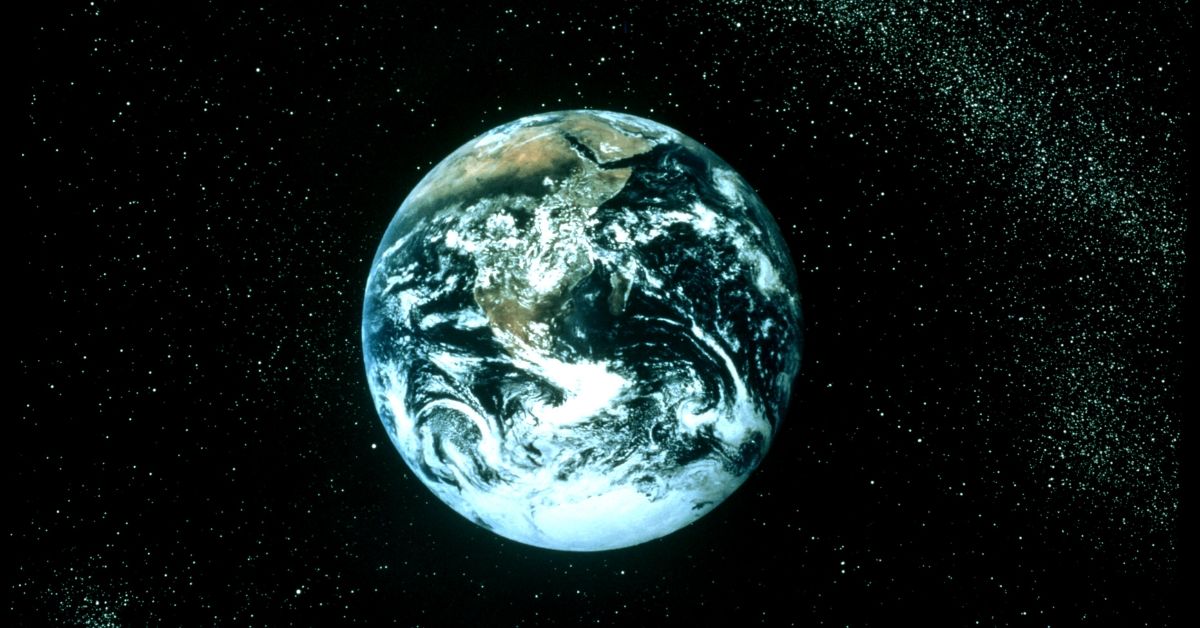Today I am irritable. I am frustrated. I am grumpy. I am angry. I am pissed off!
This used to be a problem because I was not allowed to be angry. I had conditioned myself to be nice. Anger had to be cut off or at least cordoned off so I could feel like a good person. There was no room for anger if this brown girl wanted to be good.
“Don’t mess with your place. Don’t upset the apple cart. Stay in line. Toe the line. Stay small.”
“It doesn’t matter that it hurts. It doesn’t matter that it is tight. Keep your mouth shut.”
This may have been the noise in my head, but it came from somewhere.
I stood at the top of the stairs in the townhouse. Standing in knee-high white sports socks with the blue stripes circling the top. My stocking feet sinking into the 70’s multi-shades of grey shag carpet. I can feel the heat of anger rise in my body. He is at the bottom of the stairs a safe distance away — angry too, again. But this time I yell back. My words tumble down the narrow corridor of the stairwell. My small hand on the white banister to steady me. I am proud. I am strong. It feels good. But I wasn’t expecting his next move. It looked like he flew up the stairs, but he was probably just taking two steps at a time. It was like in the superhero movies when a character moves in the blink of an eye. He was downstairs. I yelled and in a split second my face was on fire. He slapped me. Instead of the fire of anger raging through me, I now felt the sting of shame. I knew I had lost. I was dominated. I had lost the battle. There was no coming back from that. I slunk away to my room.
I was a quick learner. It only took one slap to teach me not to speak out, not to talk back, not to go against authority. My anger went underground and took the passive-aggressive shape of silence and cold shoulders. This built steadily and spread into a suicidal depression in my early twenties.
The slap is a personal incident, but it is not disconnected from the whole.
The personal cannot be extricated from the impersonal. We are all part of the one whole even if we embody our very unique forms of humanness.
Any disruption in the field of love is a reflection of the whole. It is a reminder of how we can forget that we are part of this greater being of consciousness. Our hurtful actions are a reflection of this forgetting whether it be harsh words, a sharp slap, or on the larger scale the destruction of biodiversity, the oppression of people, the disrespect of the needs of the planet, or the genocide of ethnic groups.
All of these are symptoms of forgetting who we are and that we are all expressions of the same whole.
When we remember that we are the diverse expression of one, love, understanding, and cooperation make common sense. But as humans, we forget and fear takes over. When this happens, instead of working together, we react. We work against each other. We fight to dominate personally and collectively. The coping mechanism for fear is to develop systems of dominance that on a large scale lead to exploitation and try and preserve the survival and privilege of a few at the expense of the other people, animals, and the environment.
None of this makes sense when we see the interdependence of everything. What good is it if the right-hand looks immaculate when the rest of the body is falling apart? Or what is 1% of the body, a toenail? Since the pandemic American billionaires have become $434 billion richer while the U.S. economy and labor force deal with the worst economic crisis since the depression.
What does this have to do with a little brown girl getting slapped in the face and deciding to keep quiet?
Systems are made up of people and dismantled by people. When people change, systems change. Power starts within and builds collectively. Not from the individualistic sense of domination, but from the empowered sense of understanding we are in this together. Yes, there will be transgressions. People will get hit, mistakes will be made. There has to be room for that, but we can learn. After hitting a child do you get reflective and learn from that? Does behavior change? On a societal level does internal prejudice become visible? Do you start to see and wake up from it? Does the fragility and interdependence of our ecosystems create change in behavior?
I am not innocent. I disappoint. I am indoctrinated in racist and sexist ideology. I could be kinder to the environment. I do not speak out enough. I have been passive. I have been aggressive. I am at times insensitive, but I am willing to embody my humanity as imperfect as it is, and take a stand and express in my imperfect way.
The spiritual essence of who we are wants to be fully expressed in form. Are you letting that happen? How many restrictions do you have in place? Are you sanitizing your expression? Even Jesus threw over the tables of the money lenders. I am not making a prescription. I am just asking are you fully occupying your two shoes, as Adyashanti says? Are you allowing yourself to stand in your inner authority and express that? What is it like to take the shackles off of your inner oppression that was put in place through conditioning? Are you going to do your work of waking up to who you are and peeling away the conditioning that tells you you are only this separate self in a dog-eat-dog world with the only choice being to eat or be eaten?
Or are you going to choose to see who you are, what you are?
Some astronauts talk about a cognitive shift that happens when they see the earth from space. It is called the “overview effect”. According to Wikipedia, it happens when they see for the first time “the reality of the Earth in space, as a tiny, fragile ball of life, “hanging in the void”, shielded and nourished by a paper-thin atmosphere. From space, national boundaries vanish, the conflicts that divide people become less important, and the need to create a planetary society with the united will to protect this “pale blue dot” becomes both obvious and imperative with it.”
Can you zoom out and see the fragility and the unity of the world, and zoom out even further and see it is in you?
You embody it all. You are not separate. Starvation, genocide, racism, sexism, oppression, they are all in you just as love, understanding, compassion, empathy are in you. They are in all of us. The good, the bad, the ugly. How do we reconcile oppressor and oppressed?
At times it can look like we are only one or the other, but the tables turn. I found ways to exercise oppression with my friends. I excluded one neighbor because I was afraid of being left out. I went on the offense and made it clear that this new girl in the neighborhood wasn’t welcome in our group.
We are all guilty, and we are all innocent.
I am not saying there aren’t crimes that are worse than others. I am not saying that crimes should not have consequences. I am saying that freedom starts in our own hearts and gets spread into the world in our willingness to embody our two shoes and take them where they need to go.
Live authentically in alignment with your true nature. Dig deep beyond the layers of learned conditioning that tell you all you are is this individual in a physical body. Feel into your embodied experience and let your experiential knowing be your teacher, not the dry, crumbly intellect with is parroted lessons.
What does your embodied experience teach you about who you are?
It can be terrifying to go beyond the safety of conditioning. I know. I stay there too at times, but I also know there is a rich, lush, fragrant, landscape of virgin ground that is earthy, loamy, and unpredictable. The territory of the unknown that calls each one of us to explore it and discover it. Take the time to seek out that space within and bring the fruits of that into the world whatever that may look like. Sometimes love roars, sometimes it whispers. Whatever you do, it will reflect a deep understanding of who you are. It will be fueled by the infinity of love. This is you. All of it. Own it. Love it. Express it.
Rohini Ross is passionate about helping people wake up to their full potential. She is a transformative coach, leadership consultant, a regular blogger for Thrive Global, and author of the short-read Marriage (The Soul-Centered Series Book 1) available on Amazon. You can get her free eBook Relationships here. Rohini has an international coaching and consulting practice based in Los Angeles helping individuals, couples, and professionals embrace all of who they are so they can experience greater levels of well-being, resiliency, and success. Rohini is the author of the free ebook Relationships and the co-founder of The 29-Day Rewilding Experience and The Rewilding Community. You can also subscribe to Rohini’s weekly blog on her website, rohiniross.com. You can also follow Rohini on Facebook, Twitter, and Instagram, and watch her Vlogs with her husband. To learn more about her work go to her website, rohiniross.com.


